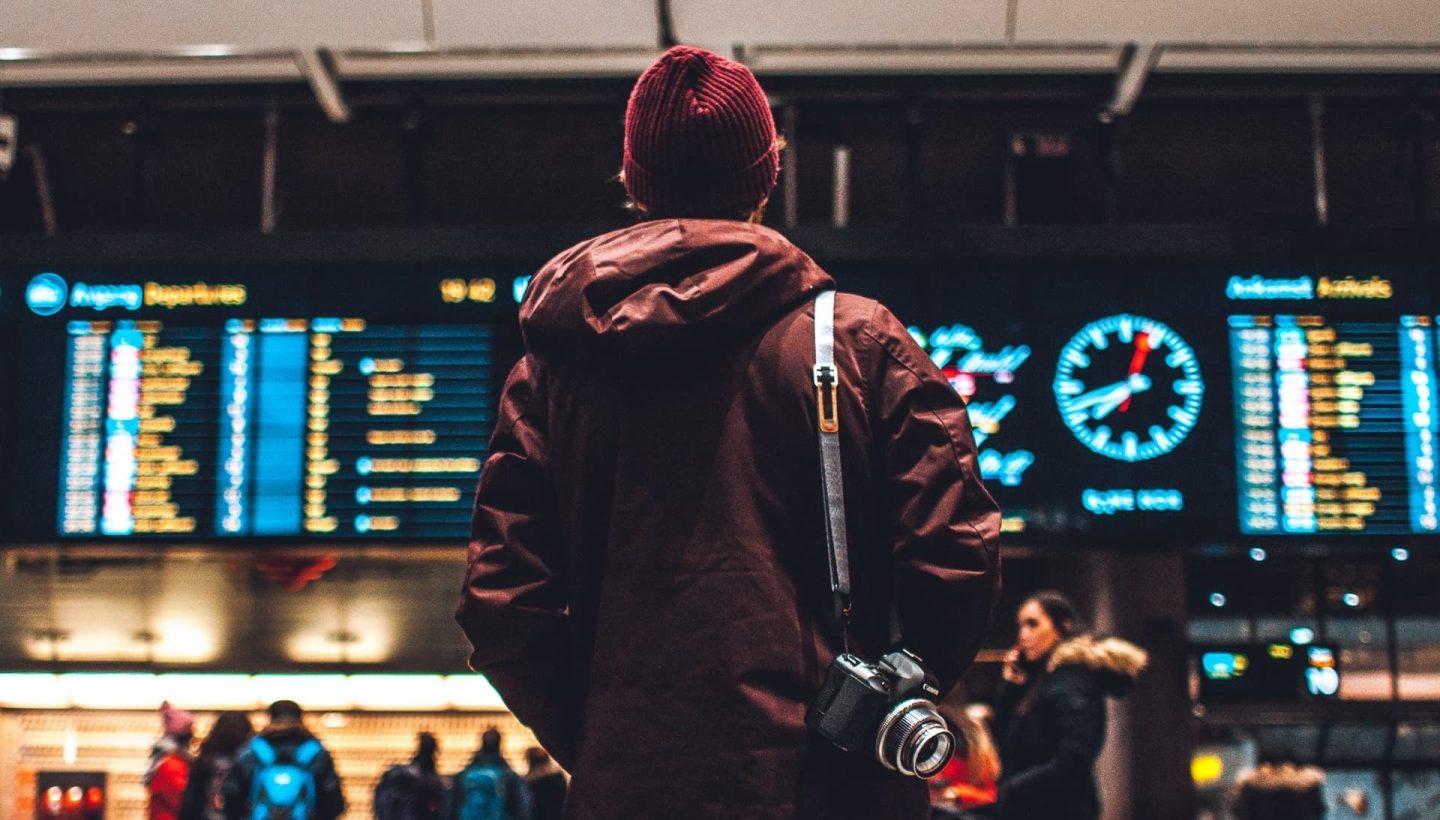
When looking back on the time I spent travelling solo, I can see how helpful it was for overcoming some level of social anxiety. I wouldn’t have ever called this kind of anxiety debilitating, but it’s always been there in the sense of relying on alcohol to feel relaxed socially – to have the social confidence to strike up conversations with new people and feel truly comfortable around others.
Yet even being drunk didn’t eliminate these feelings. I wouldn’t even say that solo travel has eliminated these feelings. But at the time I was travelling, meeting and talking to new people all the time – after a week or two – felt wholly natural and easy-going.
Even after returning from solo trips, that social confidence would carry over into everyday life. It would often not be as obvious as when I was actually away; this fades somewhat, as the carefree attitude and version of the self abroad tend to do – but there was still a positive effect on socialising that remained.
This got me thinking about social anxiety and the common treatment for it: exposure therapy. The idea of exposure therapy (using the common graded approach) is to gradually force yourself to confront anxiety-inducing situations. By doing so regularly over time and climbing a constructed fear hierarchy (in which you face a more challenging situation than the one previously faced), anxiety lessens. What felt insurmountable suddenly becomes not necessarily anxiety-free but manageable. Acclimatising the mind in this way, if you will, makes it easier to ‘breathe’ in social situations (both literally and figuratively). In a state of anxiety, in contrast, the body reacts as if under threat, indicated by sweating, tension, increased heart rate, breathing quickly, the throat tightening up, the mouth becoming dry, the jaw clenching – all physical symptoms associated with fleeing or fighting in light of a situation perceived to be dangerous. Exposure therapy can also work with more significant exposures to anxiety-inducing scenarios.
However, someone who experiences severe social anxiety – the kind that involves complete avoidance of certain situations as a result of the extreme distress they cause – may find solo travel to be far too daunting and unmanageable. Travelling alone with this kind of anxiety may result in, at best, cancelling the trip, or, at worst, having anxiety or panic attacks when abroad, without your usual support network. So perhaps solo travel as exposure therapy is best suited to milder forms of social anxiety.
Many travellers find solo travel has alleviated longstanding anxieties about meeting and talking to others. When you travel solo, you are forced into a situation where human connection is up to you to make or respond to. Flung into this scenario, the choice is between being alone (and perhaps dealing with a new kind of loneliness) or acting against one’s normal habits and conception of the self (i.e. “I’m not the kind of person who approaches strangers”).
You can make this kind of exposure therapy more challenging by staying in hostels and opting for a dorm room over a private one. During my first solo trips, I stayed in private rooms, which didn’t mean I was always alone, but these trips were less social than later ones. Staying in a dorm room with strangers, in the end, did not turn out to be unbearably awkward, uncomfortable, and annoying; instead, this is often what made those trips memorable, based on the connections it led to. I will say, though, that as I got older, my tolerance for dorm rooms waned; getting a good night’s sleep – and having privacy when I wanted it – have since become bigger priorities.
Backpacking solo has, undoubtedly, helped me to deal with social anxiety. Being sociable without drinking became normal during those trips, and that remains true today. A more directed form of exposure therapy, planned out with a therapist, could work equally well or better. The advantage of solo travel, however, is that it involves quite a unique element or degree of self-determination and self-reliance. Plus, the exposure is much more immediate, and the allure of travel aids that jump into the unknown.
I do think it’s important to stress that solo travel, while remedial and confidence-building, is not a cure or quick fix for social anxiety. This type of anxiety can have deep roots, stemming from hardened grooves of negative self-talk and fear of judgement, rejection, or embarrassment (types of thoughts that are very common and often persistent). A mixture of genetic, personality, childhood, and evolutionary factors can all make social anxiety particularly hard to get under control.
Solo travel has not gotten rid of my tendency to worry about social interactions, be that before, during, or after them. But it has provided an unexpected change in the way I view and approach meeting others, which itself has led to many unexpected and valuable encounters.